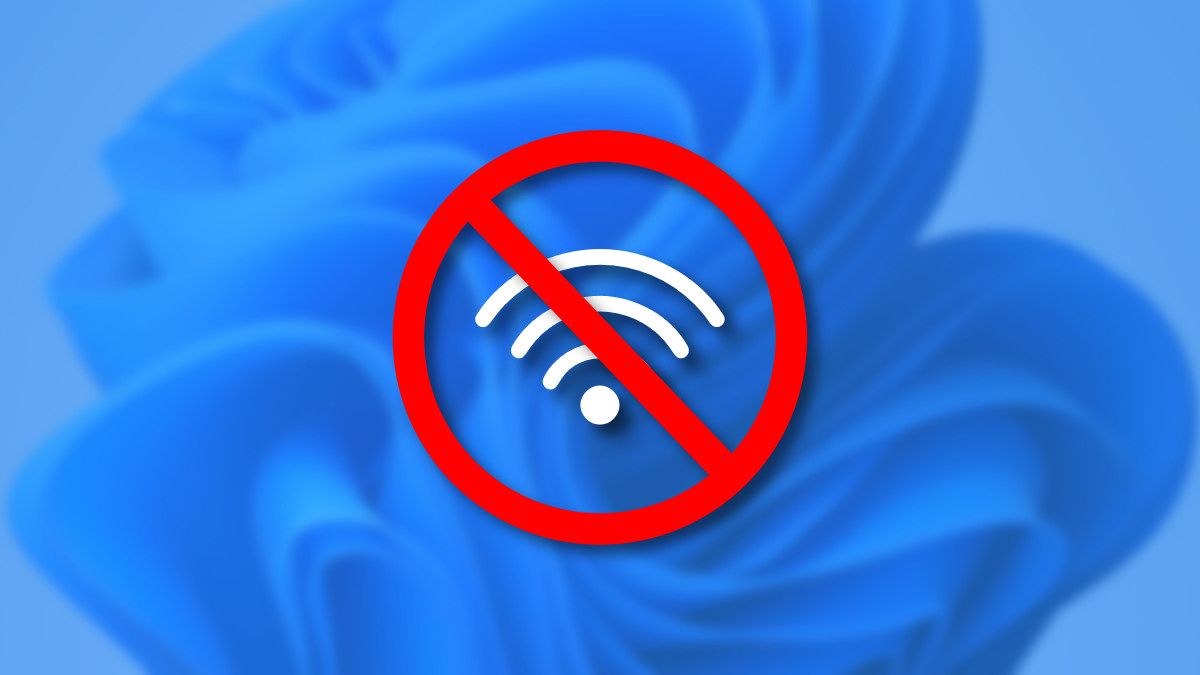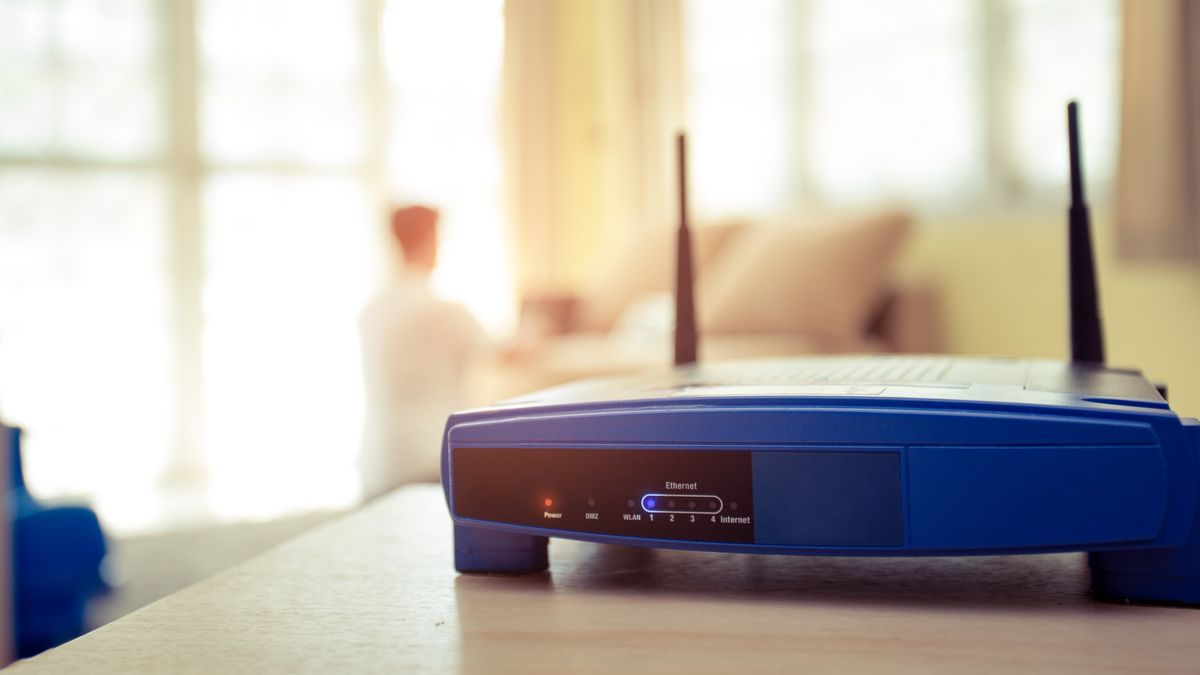Quick Links
If you keep your Wi-Fi router's SSID hidden, it might make you feel safer, but it doesn't actually help with security---and likely serves as an unnecessary inconvenience. Here's why.
Hidden SSIDs Can Be Found Easily
Many Wi-Fi routers include an option to "hide" or make "invisible" their SSID (short for "service set identifier"), which means the name of your Wi-Fi network won't show up when a device automatically scans for nearby access points to connect to.
Routers perform this hiding trick by not including the SSID name in what are called beacon frames, which regularly transmit to announce the presence of a Wi-Fi access point. Unfortunately, it's trivial for a knowledgeable hacker---someone intent on breaking into your network---to discover your SSID anyway.
The weakness comes when someone connects to your Wi-Fi network. During the negotiation process, the SSID name is broadcast unencrypted as part of the Wi-Fi specifications. Using a free network tool like Wireshark, hackers can monitor the traffic going to and from your Wi-Fi router to determine the SSID.
So if you're using a hidden SSID in an attempt to avoid hacks, it's giving you a false sense of security. There may be other, less serious reasons to hide your SSID (maybe you'd like to keep a child off a certain network, for example), but you can't rely on that method to keep your network safe.
You're Inconveniencing Yourself
When you set up a new device that uses Wi-Fi, it will often automatically scan for a network to connect to. To do this, your router needs to be broadcasting its SSID. After selecting the network and entering the proper password on the device, you're connected in a jiffy.
If the SSID is hidden, you're adding an extra step of inconvenience to your setup time. You'll need to manually enter the SSID name in advanced settings on the device to connect. For devices with limited interfaces such as Wi-Fi printers, this can be quite a hassle.
As we've already seen in the section above, if you're trying to secure your Wi-Fi network against nefarious hackers, hiding your SSID doesn't stop them and only creates extra work for yourself.
How to Secure Your Wi-Fi Instead
To strengthen the security of your Wi-Fi access point, there are better things you can do than hiding your SSID. Here are a few of them:
- Avoid obsolete and weak Wi-Fi encryption methods such as WEP, WPA1, and WPA2-TKIP.
- Don't run an open Wi-Fi access point where people can connect without a password.
- Turn off WPS (Wi-Fi Protected Setup), which is insecure.
- Disable Wi-Fi guest accounts, which can also introduce vulnerabilities.
- Use a strong, modern Wi-Fi encryption method such as WPA2-Personal or WPA3 if available.
- Choose a strong Wi-Fi password and don't share it with others. If someone asks for the password that you trust to connect, enter it into their device yourself.
- If your router doesn't support modern encryption methods, it's time to get a new router.
If you follow this advice, your Wi-Fi network will be reasonably secure against all but the most extreme threats. (And let's face it, if you're in the life-or-death, state secrets category, you shouldn't rely on a consumer Wi-Fi router for security).
So let those SSIDs fly free, and don't worry if someone knows what your network name is. It's a good chance to make an embarrassing joke. Stay safe out there!


